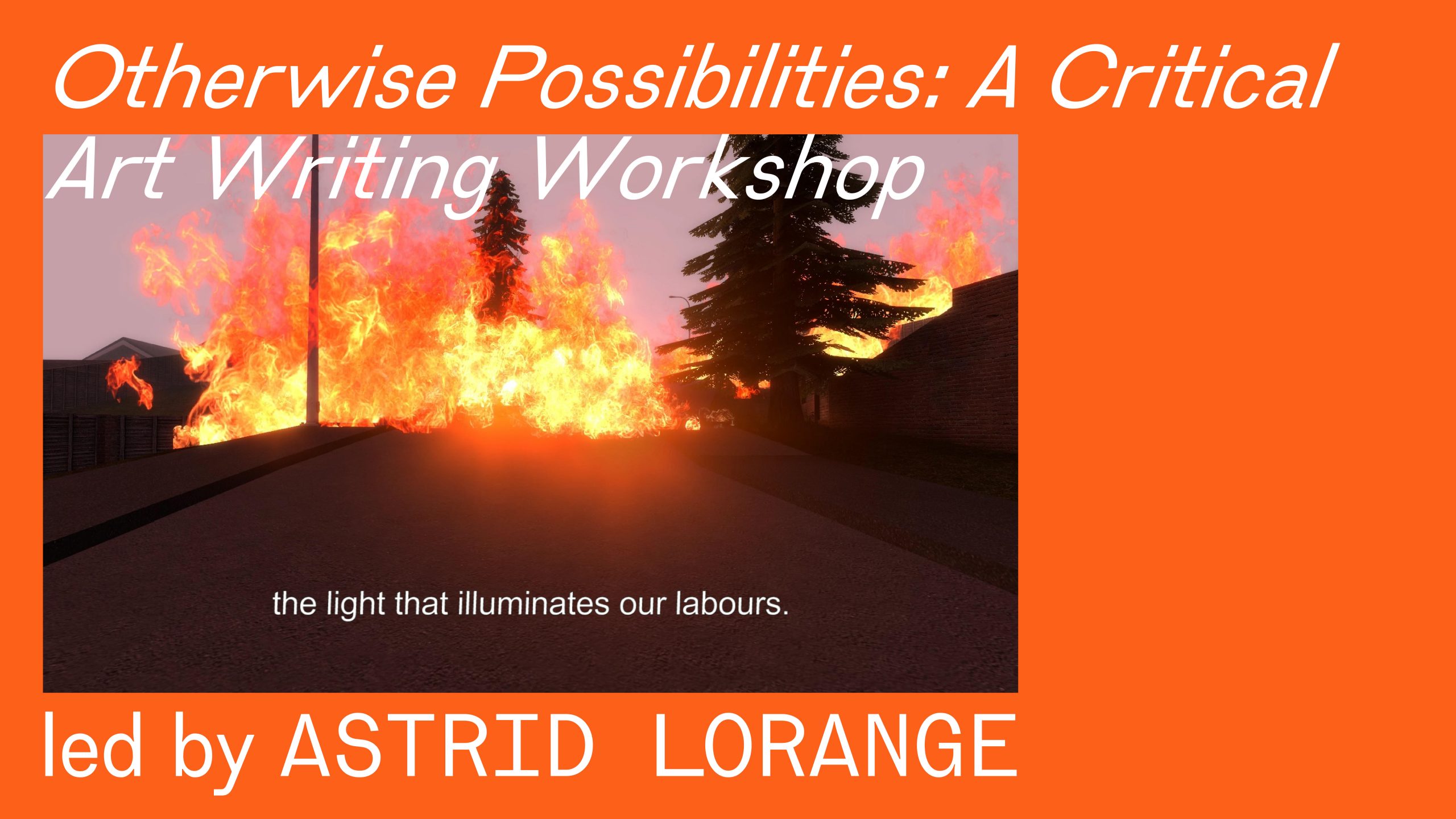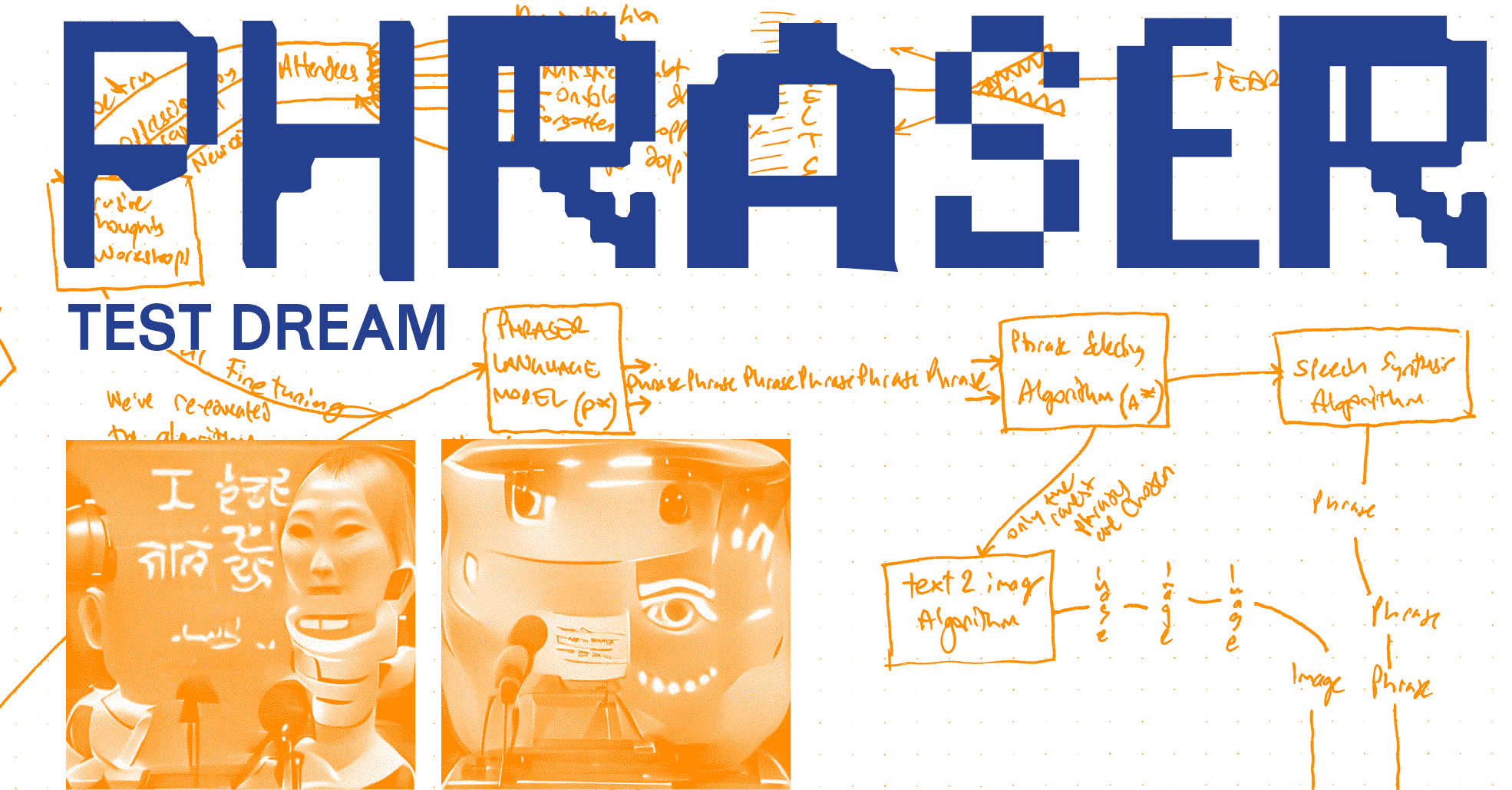A Year, Reflected
Josephine Mead
The tides move and the planets orbit – this is an ongoing fact, eternal. We are at their mercy, swept up in nature’s verse. Floating on the promise that gravity will move us into tomorrows. For a while we felt safe here, held in the earth’s steady breath. Yet something has shifted. The earth has transitioned into a new cycle, with a new set of dangerous planets. The tides are tainted and we have slipped off axis. We are circling the sun and getting burnt. We have been moving through hazardous elliptical patterns in this new dark orbit. Held within these new planets are acts of racial, sexual, gendered and environmental discrimination and violence. Qualities heightened through Indigenous deaths in custody, ecological devastation and the incarceration of minors. A strange new capitalist sun is held within our midst. Most of the material was pulled toward the centre to form our Sun.[i]It is a product of accumulative action. The world laments as bodies fall, acts of racism surge and our kind pillages natural sites. The quality of the light has changed and we are moving against the tides.
We need to seek new axes immediately. The pandemic is but the tipping point, the outer surface, the region of suffering we have been swiftly edging towards. It is not a coincidence that the outermost region of the sun is called the corona.[ii]The sun is the centre of our solar system and we must look at it directly. Hold a mirror to the world and hold a mirror to ourselves. Face our own implications, micro-aggressions and frustrations. It is the planets of our making that are holding up this burning core. We must collectively seek new course. In order to seek safety, the brave are opting for acts of voice. I propose that poetry has the strength to save us and bring us back into alignment. To move towards an ethical praxis, we must follow the work of the artists and writers:
We need Poetry as Practice, calling resilient, expressive voices to the fore. Allow the voices that are silenced to repeat without retreat. Practice is devotion building power and plight. Emotional acts of making repeat in our ears and eyes – they mark us and change us and we remain in debt to them. Creative practice has the power to reclaim us. It must not only fall on the shoulders of the oppressed and silenced. It is the yellow sunlight sliced into concrete when ‘BLACK LIVES MATTER’ was painted down Fifth Avenue. It is the collective strength and kindness felt during Melbourne’s Black Lives Matter rally, that DID NOT lead to increased rates of transmission. It is Talia Smith sharing work by artists of colour through her social media: the matrilineal power of Maria Magdalena Campos-Pons’ ‘Replenishing’; the reclamation of portraiture in Kennedi Carter’s ‘Mariana’; the re-calibration of archives – from colonial tools to beacons of sovereignty – in Ali Gumillya Baker’s ‘Sovereign Fleet Red’. Smith’s power of curation has heralded social transformation. It is Jazz Money’s deep, yet humble, understandings of the universe in ‘Through the moon’ – another offering from a practice with generous, ongoing poetic turbulence. Voice is stronger when caught within a devotion to making. Beyond our own solar system, we have discovered thousands of other planetary systems. We are soaked in endless creative possibility.
We need Poetry as Connection, enabling the interweaving of souls. It bridges the space between bodies removed from hands and place. We are still swimming in the same tributaries of water – our hearts still carry each other. The Moon’s gravitational pull generates something called the tidal force. The tidal force causes Earth – and its water – to bulge out on the side closest to the Moon and the side farthest from the Moon. These bulges of water are high tides.[iii]We are all moving within the same whirlpool, edging towards the light. Send love and show others a path towards the moon and things will be easier. I am tired and my mask lessens the air I can consume.
I am missing you. I am an elliptical vision. We are collectively orbiting tides. Waves of you crash up to my shoreline, but don’t meet me fully. I am left with lagging video calls and text messages misinterpreted, news via social media ringing in my mind.[iv]
I have missed my family. I am still one of the lucky ones – my family are safe and well. We are changing. Moving towards new modes of exchange. More grey hairs line my brow and I am grateful. We are stars, moving in the same constellation, without touch. It’s been months since I have held a friend – I am lucky I have a lover. There are still many acts of poetic voice bringing us together. It is Amrita Hepi and Sam Lieblich’s ‘Neighbour’ for ACCA, calling for conversation, communion and exchange. It is Amelia Dowling’s ‘Compendium of Hugs’ – an ode to holding others. It is Awale Ahmed’s call for place through devotion: “Find love and you will find home.” It is Manal Yonus’ reminder of familial connection: “don’t lose touch […] when they say my profile is like my fathers / I say to them that that is my greatest blessing”. It is Kent Morris’ reminder that we are ‘Never Alone’. It is Lisa Sorgini capturing the generosity of lock-down’s maternal offerings. It is the same blood, familial and/or emotional, running through hearts and veins. It is thoughts of one another and acts of compassion gained.
We need Poetry as Body, exemplified by the birthing trees on Djab Wurrung country. They have been standing tall for over 800 years and have been bound for destruction. The trees hold the knowledge of both past and future in their strong prophetic bodies. They speak the lessons of all the mothers who have birthed aside them, their names cast as leaves. When they first came under threat we should have realised that there was more trouble coming. Nothing good can come from silencing maternal lineages: an omen for oncoming suffering. The word “cicatrix” is defined as “the care of a healed wound … the scar of the bark of a tree”.[v]These trees have helped women – they have carried the depths of human pain. Their birthright under threat — Indigenous sovereignty doubted, again and again. The trees know more than we know. Each tree of Djab Wurrung stands tall, her leaves swaying in the wind — she epitomises poetry. The trees are enacting their own form of creative brilliance and capitalist voices are trying to silence them. It is time we listen to the women. Their songs are still ringing sonorous through brave human conduits: It is the protesters blocking their ruin – their bodies as forms of poetic resonance and resistance. The weight of this work now needs to be shouldered by white people. It is time to PAY THE RENT!
We need Poetry through Country, permitting the earth to cry and sing, allowing the blood to seep back in. Poetry must be welcomed from the true custodians. We need to prioritise sovereign voices. Our land is currently aching. We have had omens and devastations leading to this fractured point in time. Last year ended with our country aflame; this year began with racial discrimination down Little Bourke Street; Rio Tinto destroyed 46,000 years of sacred Puutu Kunti Kurrama land in the Western Pilbara. The earth is weeping as we circle our molten centre. The sun itself is not a good place for living things, with its hot energetic mix of gases and plasma.[vi]But there is hope for renewal. Artists are reclaiming landscape and place in fast forward motion. It is the bounty of fundraising exhibitions for bushfire relief through artist’s donations. It is Flora Chol’s strength through reclaiming and celebrating Country and skin: “I’m taking this earth, grain for grain. Brown against the brown of my skin and I’m polishing my skin. The blood and wisdom of our ancestors.” [..] I am the colour of the earth and what a beauty it is to be the colour of the earth.” It is Hayley Millar-Baker’s exploration of the power of self and landscape in the face of attempted Aboriginal and Torres Strait Islander erasure in ‘A Lucky Survival and Thereafter’— respect the resonance of conversation from the peoples of First Nations.
We need Poetry as Action. Worldwide racial discrimination and environmental degradation at the hands of leaders and police has led to death and destruction. We have now reached the centre of this new solar system. It is time for collective action. Standing on a precipice of privilege, your voice is your greatest power. We must question ourselves as much as we lament and extend. This process is being heralded by the courageous. It is Megan Cope allowing the country to sing through ‘Untitled (Death Song)’: listening and reconstituting the sound vibrations of extraction, expropriation and extinction wrought through invasion. It is Laniyuk and AM Kanngieser’s workshop ‘Unwelcomed___’: where non-Indigenous participants are pushed to consider their complicity in the processes of colonisation. It is ‘Constant Ecology’: a non-competitive collaboration between four arts organisations — supporting artists through the collective. It is time for the privileged to carry the weights. Poetry as force enables generative action and change.
We need Poetry as Balm, in an effort to soothe wounds and pray that they won’t appear again. Creative practice can act as a deep and ongoing catharsis. To write and respond elliptically; to nurture and praise First Nation listening; to bridge misunderstanding with modes of compassion – poetry brings connection and redemption. We must share and we must listen. Poetic voice is our healing and salvation. It is the woman making her child laugh while drawing in lockdown. There is a sense in which the right whale knows where he is in the ocean because of how he feels there, whereas a human being is more likely to search out visual cues and landmarks to glean her location[vii]– we need to take lessons in deep emotional listening. It is Dylan Robinson’s ‘Hungry Listening: Resonant Theory for Indigenous Sound Studies’ through Disclaimer: a reminder to attune our ears to Indigenous stories and ideals. It is Natalia Newling’s dual aural love letter ‘For me, for you’. It is Sam Longmore’s SONIC.LAND — a digital celebration of artists working with natural sound. It is Kat Clarke espousing the strength of Indigenous story and acts of listening as healing balm.
To re-language, revoke, re-phrase and re-train – to heal wounds through making, again and again. To heal with curious minds and to have open ears. Through creativity we can remain ablaze with sparkling possibility. In this new world order, we are bright planet and new being. We are change through practice, exchange, deep power and affinity.
[i] “Our Sun,” NASA Science, December 19 2019/ September 6 2020.
[ii] Ibid.
[iii] “What Causes Tides?”, SciJinks, August 31 2020/ September 7 2020.
[iv] Josephine Mead, personal diary entry, 2020.
[v] “Cicatrix”, Google, Accessed 10 September 2020.
[vi] “Our Sun,” NASA Science, December 19 2019/ September 6 2020.
[vii] Jen McWeeny, “Sounding Depth with the North Atlantic Right Whale and Merleau-Ponty: An Exercise in Comparative Phenomenology,” Journal for Critical Animal Studies, Volume IX, Issue 1/ 2, (2011): 157-158.
Josephine Mead is a visual artist and writer based in Naarm. She works through photography, sculpture, installation and writing to explore personal notions of support. Her recent work has positioned female family members as support-structures, considered the body as a site of discursive practice, explored notions of deep listening, and examined the temporal and sonic nature of writing and photography. She has exhibited widely and has undertaken residency programs in Mexico, Portugal, Turkey and Germany. She is an Artistic Director for BLINDSIDE and a current Room to Create studio artist at Collingwood Yards.








